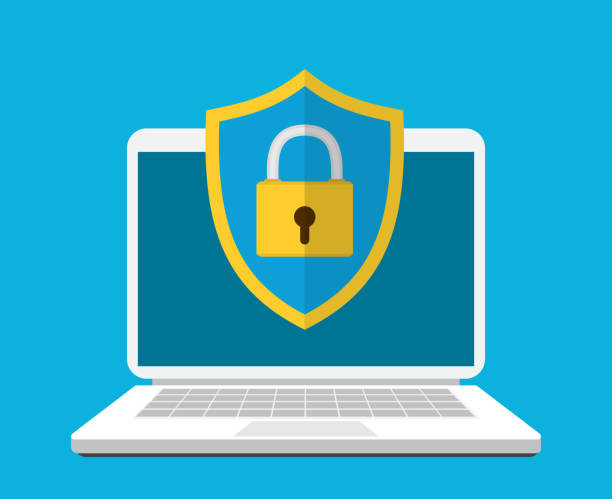In the modern digital landscape, protecting your information and maintaining privacy have become more important than ever before. Among the emerging players in the cybersecurity and data protection landscape is Bunkr Fi F Nheqaf2r5zplr—a platform that promises to revolutionize how we think about digital security. If you’ve heard the name and want to understand what it truly offers, this guide is for you.
What is Bunkr Fi F Nheqaf2r5zplr?
Bunkr Fi F Nheqaf2r5zplr is an advanced system designed to enhance digital privacy and security through innovative technologies. While some may see it as just another security platform, its unique approach to data management and protection sets it apart. The platform aims to provide users with control over their data, ensuring confidentiality, integrity, and availability.
Core Features and Capabilities
- Decentralized Data Storage
Unlike traditional centralized systems, Bunkr employs a decentralized architecture where data fragments are distributed across multiple locations. This design minimizes the risk of single points of failure and makes data breaches more difficult for malicious actors. - End-to-End Encryption
All data transmitted and stored on Bunkr is protected through robust encryption protocols, ensuring that only authorized users can access sensitive information. - User-Centric Privacy Controls
Bunkr provides users with granular control over their data permissions, allowing them to decide who can access what and when. - Resilience and Redundancy
The system’s distributed nature guarantees high availability and resilience, even if some nodes go offline or are compromised. - Blockchain Integration
Some iterations of Bunkr incorporate blockchain technology to verify data integrity and provide transparent audit trails.
How Does Bunkr Fi F Nheqaf2r5zplr Work?
The system utilizes an integrated approach of advanced encryption techniques, blockchain technology, and distributed storage solutions to safeguard user information. When a user uploads data:
- The data is encrypted locally.
- It’s then split into multiple fragments.
- These fragments are stored across various nodes in the network.
- Access is granted via cryptographic keys, and all transactions are recorded on an immutable ledger.
This method guarantees that, in the event of a single node being compromised, the data stays secure and unauthorized access is effectively prevented.
Benefits of Using Bunkr Fi F Nheqaf2r5zplr
- Enhanced Security: Decentralization and encryption significantly reduce the risk of data breaches.
- Increased Privacy: Users retain control over their data, with customizable permissions.
- Data Resilience: Distributed storage ensures data availability even during network disruptions.
- Confidence and Clarity: Incorporating blockchain offers tamper-proof logs of data interactions and changes.
- Regulatory Compliance: Capabilities designed to meet data protection standards such as GDPR and CCPA.
Who Can Benefit from Bunkr?
- People aiming to secure their personal information against unauthorized intrusion.
- Businesses aiming to secure sensitive customer or corporate data.
- Developers interested in building privacy-focused applications.
- Organizations requiring resilient and compliant data management solutions.
Challenges and Considerations
While Bunkr Fi F Nheqaf2r5zplr offers compelling advantages, potential users should consider:
- Implementation Complexity: Setting up and managing decentralized systems can require technical expertise.
- Cost Factors: Distributed storage and encryption may entail higher operational costs.
- Regulatory Compliance: Ensuring compliance across jurisdictions may require additional measures.
The Future of Bunkr Fi F Nheqaf2r5zplr
As digital threats evolve, platforms like Bunkr are poised to play a pivotal role in shaping the future of secure data management. Ongoing developments aim to simplify user experience, expand functionalities, and foster broader adoption of decentralized security solutions.
Final Thoughts
Bunkr Fi F Nheqaf2r5zplr represents a significant step forward in digital privacy and security. By combining decentralization, cryptography, and blockchain technology, it offers a robust framework to protect data in an increasingly connected world. Whether you’re an individual or an organization, understanding and leveraging such innovative platforms can be crucial in safeguarding your digital assets.

